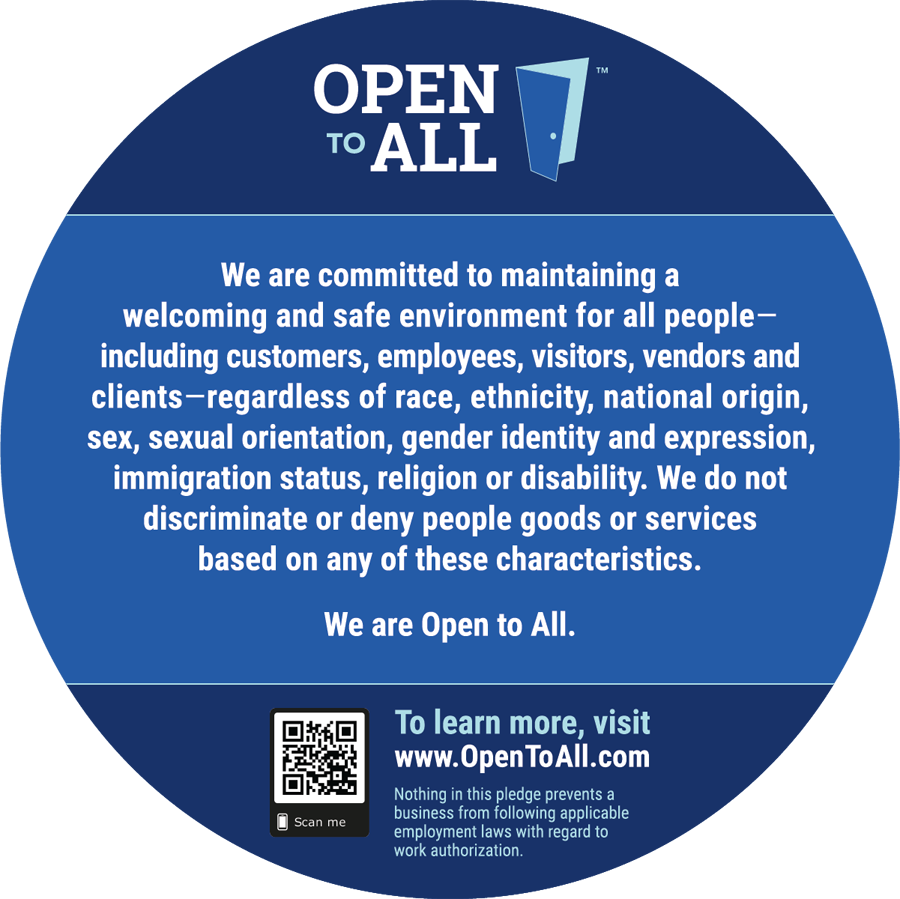We don’t know. We believe we know. Our experiences, education, instincts and values all add up to our beliefs. They also include assumptions and misperceptions and past truths. We believe something once and then we “know” it forever, because that’s easier than always having to ask.
Asking isn’t easy. It takes time. It introduces risk. It creates the appearance of not knowing. We’re afraid of not knowing. We’re afraid of others knowing that we don’t know.
But don’t worry, they don’t know anything either.
We wear our beliefs like a pair of glasses: they shape how we see the world, they allow us to see nearer and further, they guide our path and help us to avoid obstacles, they block out the glare. But what if we took them off from time to time? What if we chose not to see so clearly? What if we challenged ourselves to know less?
Better yet, how about we try on someone else’s glasses. See the world through their lenses, their beliefs. What are their assumptions, their experiences, their values? What are their goals? How are we getting in their way?
We’ll never be able to see the world the same way again. Maybe we’ll see ourselves differently, too.
Let’s stop pretending we know so much and start finding out what we don’t. From each other. About each other. About ourselves.



Important things to remember for everyone, even more so for designers. Thanks for posting. :)
J / Finland
Asking questions engages with people and shows you’re not afraid of learning new things. Great post!
Google is great, but I like to ask ppl around just to avoid detachment from reality. Great post!
Read my mind. Sometimes I am afraid to ask because I’m afraid of people knowing I don’t know. But then I won’t get anywhere if I don’t ask. Thanks for the boost!
I hope someday I get to meet you! :) You are such an inspiration to me. Thank you for being so giving and open with your thoughts and ideas. You are making the world a better place.
Great post. I still find that I draw most from my experience of being an academic advisor when I was in grad school. That job is all about understanding needs, helping students make connections with resources, and helping them understand how to prioritize things and make a plan for moving forward.
Substitute client for student and it’s all the same, isn’t it? And the starting point for both is making sure that you are seeing the world the way the student / client does.
Real help and deep collaboration definitely spring from humility way more than from “expertise”. Or, more accurately, true expertise is humility.
Very true! A pchycological basis for these statements can be found in ‘a course in miracles’ http://www.acim.org
Glasses, Lenses, One True Thing.
You and Jack Cheng have the same mind on this.
http://blog.jackcheng.com/post/4994335780/one-true-thing